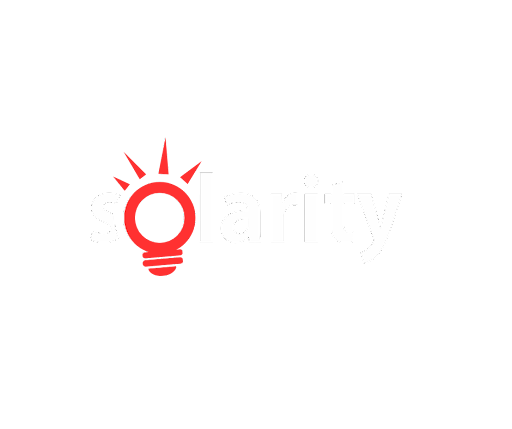
Hybrid solar systems are an innovative and efficient way to harness solar energy and maximize its benefits. In this article, we will explore what a hybrid solar system is, how does a hybrid solar system work?, and the advantages it offers.
WHAT IS A HYBRID SOLAR SYSTEM?
A hybrid solar system combines the best of both worlds by integrating solar panels with energy storage capabilities and a backup power source. Traditional solar systems are grid-tied, meaning they rely on the grid for electricity supply and don’t have storage. Hybrid systems, on the other hand, allow you to store excess solar energy in batteries for later use, reducing reliance on the grid and ensuring a continuous power supply even during outages.
HOW DOES A HYBRID SOLAR SYSTEM WORK?
A hybrid solar system works by capturing sunlight through solar panels, converting it into electricity, and supplying power to your home or building. Any excess energy generated beyond your immediate needs is stored in batteries instead of being fed back into the grid. During periods of low sunlight or high electricity demand, the system draws power from the batteries, ensuring a consistent power supply. When the battery charge is depleted, the system automatically switches to grid power or an alternative backup source, such as a generator.
ADVANTAGES OF HYBRID SOLAR SYSTEMS
There are several advantages to using a hybrid solar system:
- Energy Independence: With energy storage capabilities, hybrid systems allow you to reduce reliance on the grid and become more self-sufficient in meeting your energy needs.
- Cost Savings: By storing excess solar energy and using it during peak times or during grid outages, you can reduce your electricity bills and potentially save money in the long run.
- Backup Power: During power outages, the system can automatically switch to battery power or an alternative backup source, ensuring that essential appliances and systems continue to function.
- Environmental Benefits: Like traditional solar systems, hybrid solar systems reduce reliance on fossil fuels, lower greenhouse gas emissions, and contribute to a cleaner and more sustainable environment.
CONCLUSION: In conclusion, hybrid solar systems offer a flexible and efficient solution for harnessing solar energy. By integrating solar panels, energy storage capabilities, and backup power sources, these systems provide energy independence, cost savings, and backup power during outages. Hybrid solar systems are an excellent choice for those looking to maximize the benefits of solar energy and reduce their environmental impact. Thank you for reading, and we hope you found this information valuable.
What are the pros and cons of solar lights?
Let’s explore the benefits and drawbacks of solar lights to help you make an informed decision. Solar lights are eco-friendly, cost-effective, and easy to maintain. Consider your specific requirements, and choose solar lights that align with your preferences and outdoor aesthetics. Pros of Solar Powered Landscape Lights No Electrical Connection
How can I choose the right solar lights?
Choosing the right solar lights involves considering several factors to ensure they meet your specific needs. Here are some steps to guide you: Purpose and Location: Determine the purpose of the solar lights. Are you lighting a pathway, garden, patio, or driveway? Different areas require varying levels of brightness and
10 Strategies for Maximizing the Impact of Solar Lights
Let’s explore some strategies for maximizing the impact of solar lights. Solar lights are a fantastic choice for illuminating outdoor spaces while minimizing energy consumption. Here are ten strategies to consider: Solar Energy Integration: Leverage solar panels to harness sunlight and convert it into electricity. Install solar lights in key
Exploring the Impact of Solar Lights on Olalenge ‘s Family
The Olalenge family, living in a rural Nigerian village called Okeho, faced challenges due to limited access to reliable lighting. When they first moved into their new home, they relied on a single, smoky kerosene lamp for illumination. After sunset, their activities were shrouded in relative darkness. ABIKE OLALENGE, along
What Impact Did Solar Lights Have on Kelly’s Family?
Kelly’s family, living in a rural Nigerian village called Okeho, faced challenges due to limited access to reliable lighting. When they first moved into their new home, they relied on a single, smoky kerosene lamp for illumination. After sunset, their activities were shrouded in relative darkness. Kelly Olawale, along with
What is an inverter—solarity?
An inverter is an electronic device that converts direct current (DC) electricity into alternating current (AC) electricity. Inverters are commonly used in various applications, including renewable energy systems, uninterruptible power supplies (UPS), electric vehicles, and portable electronics. Let me explain further: DC Power: Direct current (DC) is the type of
